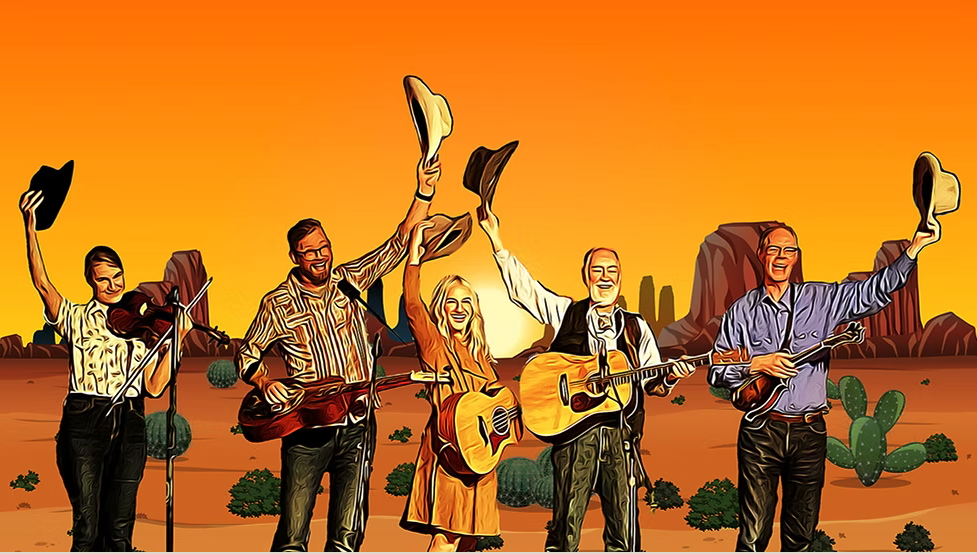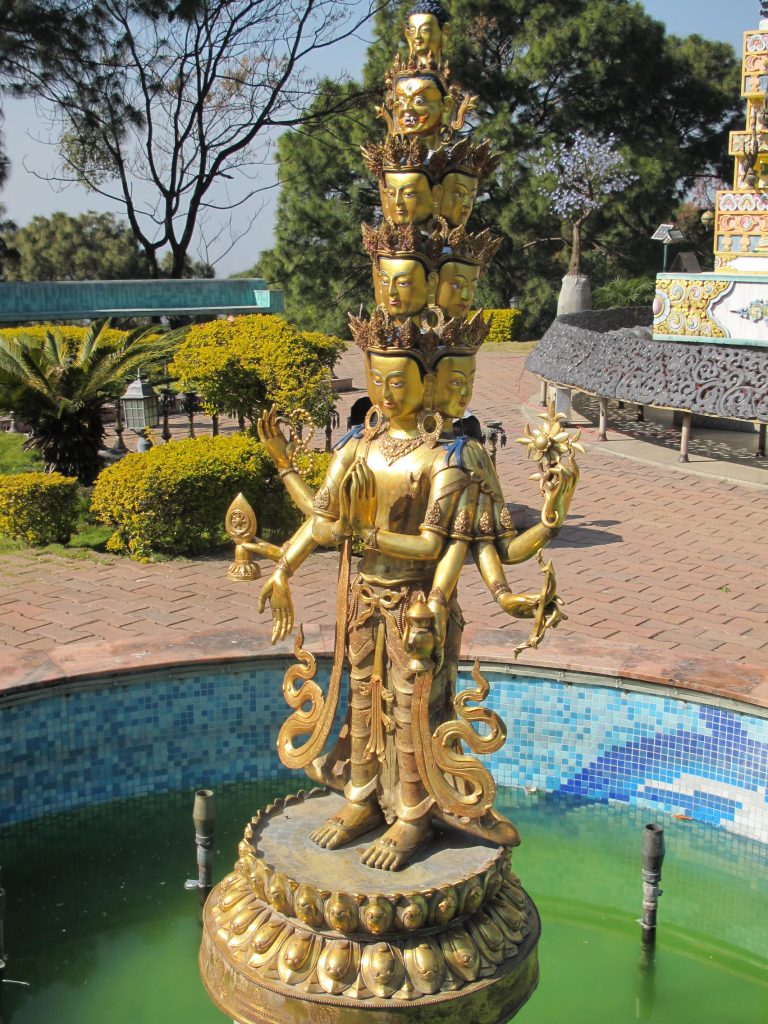Reflections on an Encounter Outside Wichita, Kansas
Jeff RavelAround twenty years ago my wife and I took our children to visit her brother and his family in Wichita, Kansas. We were living in Medford at the time, near Tufts where she taught Art History; in that near Boston suburb we were raising our children within the confines of our liberal certainties. Our son had been born in the mid-1990s; eight years later, like other colleagues and friends in the area, we had decided to adopt a second child. The three of us flew to Nepal with my brother, where we met our daughter, who was then a toddler.
We returned and settled into our new, expanded, family life, comfortably enmeshed in the blueness of the state of Massachusetts. Part of the reason for the Kansas trip was to introduce our children to some of my wife’s family, and part, perhaps, was a sense that we needed to expose the kids to the world beyond the East Coast. To be fair, as we boarded the plane at Logan we were not entirely in snob mode. I had spent part of my childhood in Iowa and Nebraska, and my wife had family members, going back at least two generations, who had lived in various midwestern states, including Kansas. Nevertheless, we were convinced that our daily routines and expectations, not to mention, we imagined, our political sympathies, differed markedly from most folks in Wichita. It was the mid-aughts, 9/11 was still fresh in people’s minds, and the Bush administration was pushing regime change in the Middle East. In 2004, a book entitled What’s the Matter with Kansas? How Conservatives Won the Heart of America had created a stir in progressive circles. In short, we thought that despite our claims to open-mindedness, the level of cognitive dissonance experienced during the trip would be high.
The visit with my wife’s brother and his family was enjoyable. It was good for the kids to get to know their cousins a little better. Their Wichita house had a backyard pool that kept us cool as we did cannonballs and dunked the little ones. The adults and spouses became better acquainted, and everyone was warm and welcoming. Late one afternoon we all piled into a few cars to head to the Prairie Rose Supper Club in Benton, Kansas, about half an hour northeast of Wichita. The Prairie Rose featured live Country and Western music performed by the Prairie Rose Wranglers. Much later, according to my wife’s brother, the Prairie Rose went under when its owner was sent to jail for fraud. Apparently, he had tried to open an amusement park nearby, using the Prairie Rose as collateral. The planned amusement park never materialized, however, and the would-be investors came to realize that the proprietor was running a scam. The place was eventually resurrected by new ownership as the Prairie Rose Ranch, “Where the West Comes Alive!” Its current website advertises acts such as Jennylou and the Buckaroos. Sadly, though, the Prairie Rose no longer offers “traditional chuckwagon suppers.”

When we arrived at the Prairie Rose in that earlier, more innocent age, we were seated at one of the long picnic tables in the performance space and given menus listing the various barbecued options. As servers circulated taking orders, an emcee appeared on the stage to warm up the crowd; he sported a healthy midwestern twang. At one point, as we were debating the merits of barbecued beef ribs, pulled pork sandwiches, french fries, and onion rings at our table, the emcee asked people in the audience to name their hometowns. Various people spoke up: “Wichita!” “Kansas City!” And points north, south, east and west of Kansas. Thinking I would be clever and perhaps hoping to be seen as exotic in that setting, I stood up and, pointing to our daughter, yelled “Nepal!” The emcee paused, then repeated the information for the benefit of the rest of the crowd. He continued his warm-up patter, and soon the food began to come out of the kitchen. When ours arrived, we hungrily dug in.
As we began eating, we noticed an elderly white couple making their way towards our picnic table. Given that I had identified our daughter as Nepali, we were wondering what they could possibly want with us. Were they curious? Were they offended? Were we about to be treated to a tirade, drenched in xenophobic, 9/11-fueled rage, about immigrants who were ruining the country? We braced ourselves. The couple arrived at our table, positioned themselves directly opposite our daughter, and began to speak. At first we could not recognize the words that came out of their mouths, but then it dawned on us: they were speaking Nepali! Our daughter, of course, looked at them uncomprehendingly. We had adopted her just as she was on the cusp of language. She had forgotten the few words of Nepali that she might have once known, aware of the necessity of learning the language of her new home. When they realized that she did not understand what they were saying, they turned to us and switched to English. Smiling, they explained that in their youth they had served in the Peace Corps in Nepal. Over the years, as they had raised their own children back in the States, they had kept their Nepali alive, using it as a private form of communication when they did not want their kids or others to know what they were saying. We were shocked, then amused. We chatted with them a while longer, they bid us farewell in Nepali, and we turned back to our food and the music of the Prairie Rose Wranglers.

Later that evening, back in the hotel with the kids, we began to process the encounter. We were a little embarrassed. Despite the supposedly enlightened views that we tried to bring into our classrooms, despite our determination to raise our children as people who would appreciate those from different backgrounds, we had badly mistaken the intentions of this couple. It was a humbling realization. In a single moment in rural Kansas, the world had rotated ever so slightly on its axis, offering us an unexpected perspective on our own misguided assumptions.
* * * * * * * * * *
Over the last two decades when I have told this story, it has always been in private conversations, with the aim of making fun of myself. Why am I recounting it now in this public, MIT faculty-sanctioned space, in a moment when the inclusive values the Institute celebrates are under specious attack? Couldn’t this anecdote be interpreted as evidence that the liberal professoriate is just as blinkered as its critics claim? I would hope not. To my mind, the couple who approached us that evening at the Prairie Rose was a reminder, no matter one’s political beliefs, of the infinite human capacity to learn and grow. They had embarked many years earlier on a mission to educate themselves and help others. On that Kansas evening they reminded us of those lessons, whose aims are easy to forget in the partisan passions of the moment. A little less heat, and a little more namaste (as they say in Nepal), would serve us all well over the next few years.


